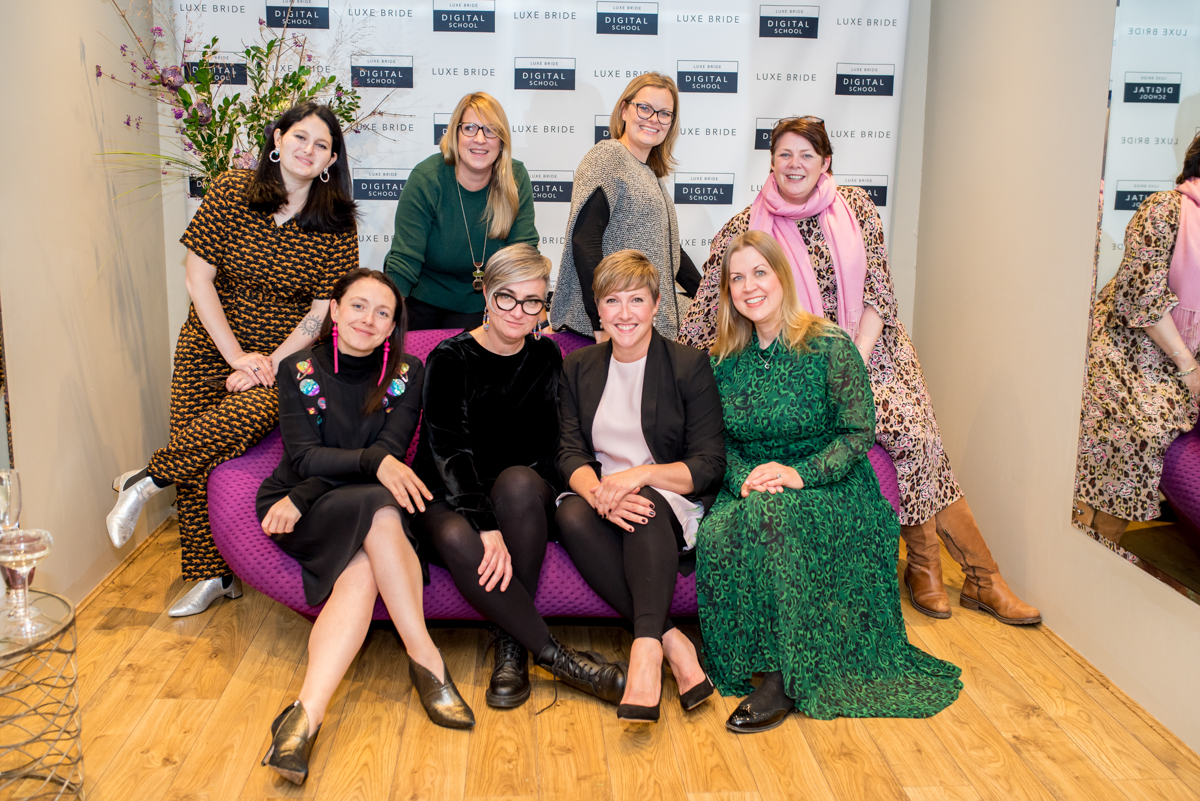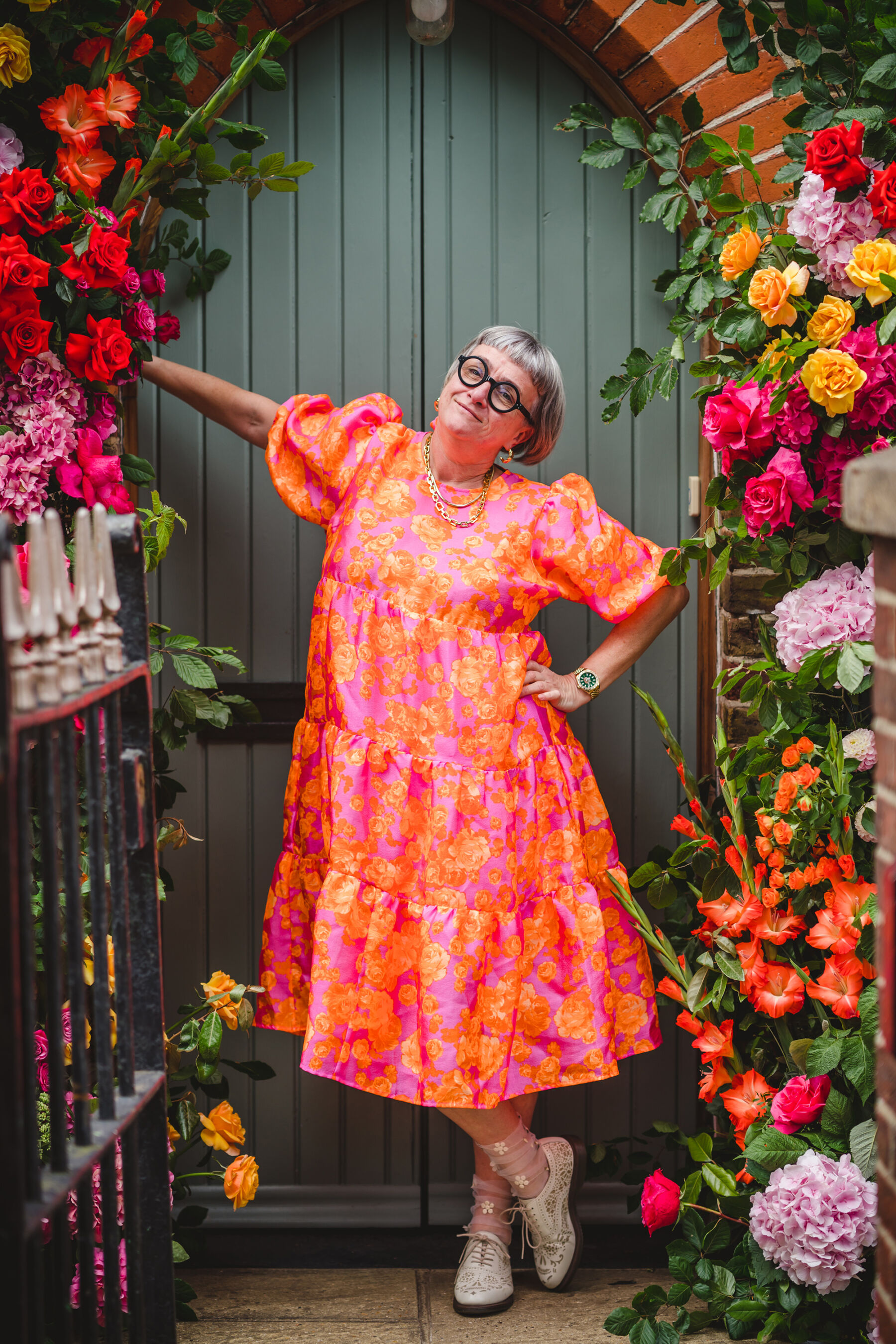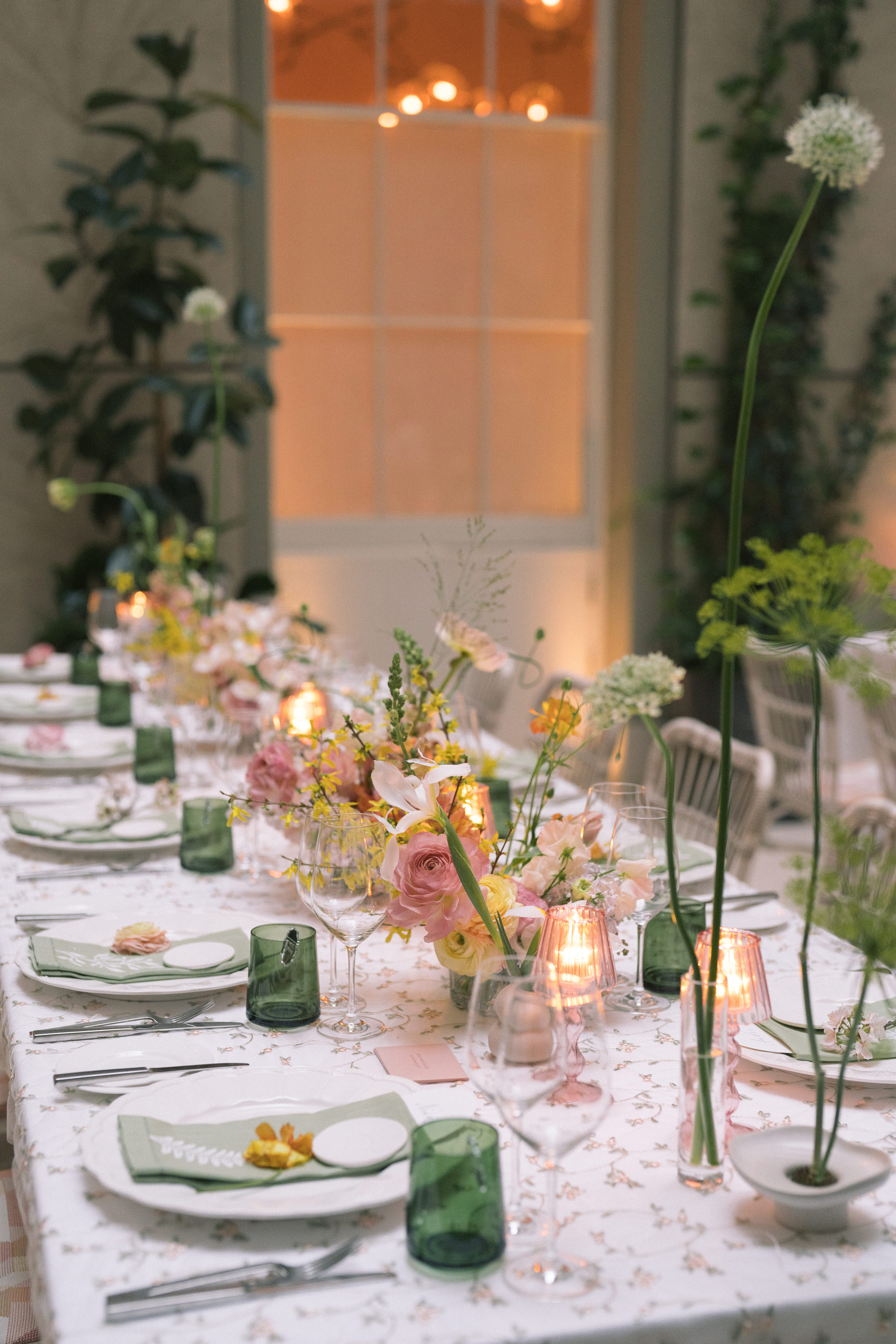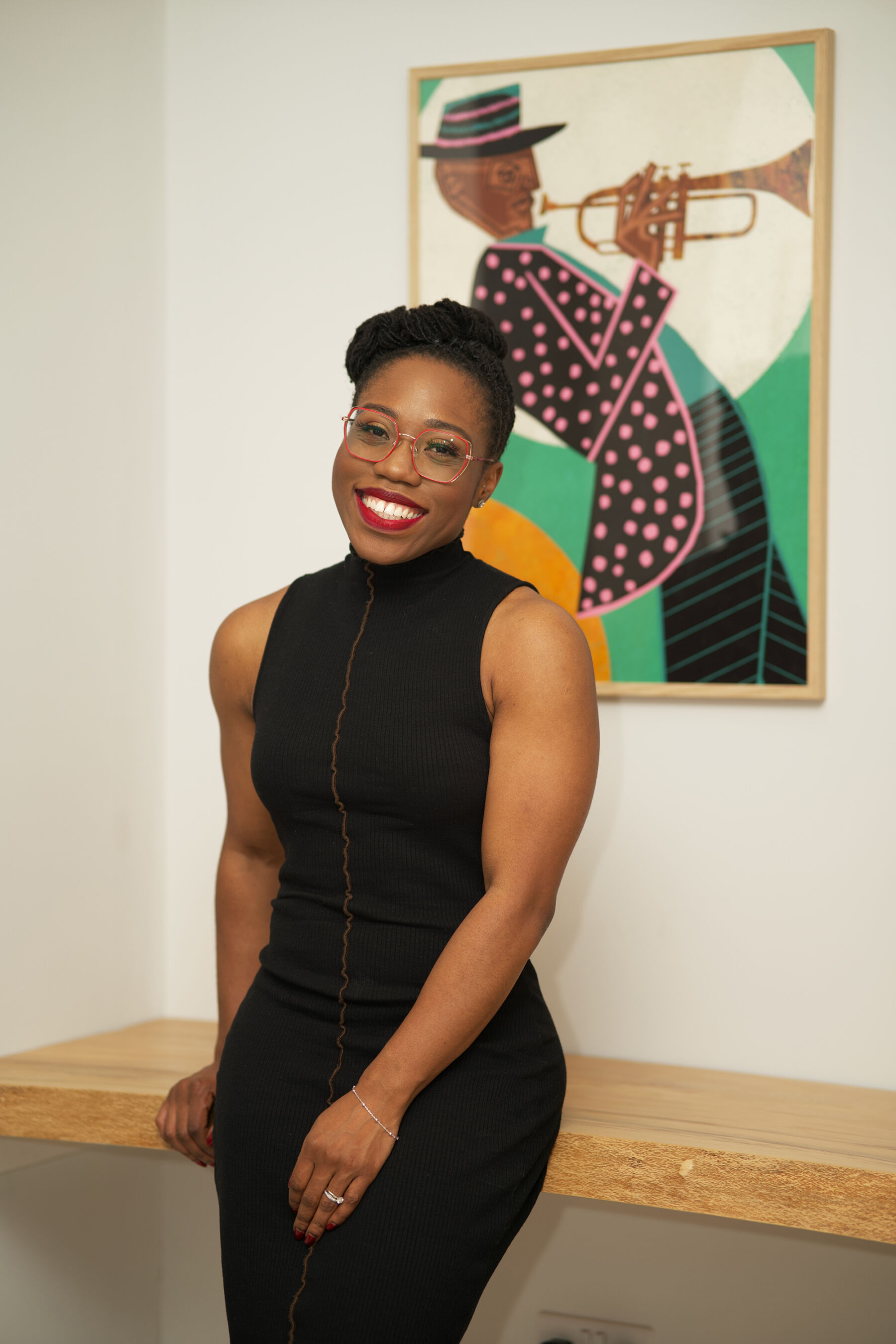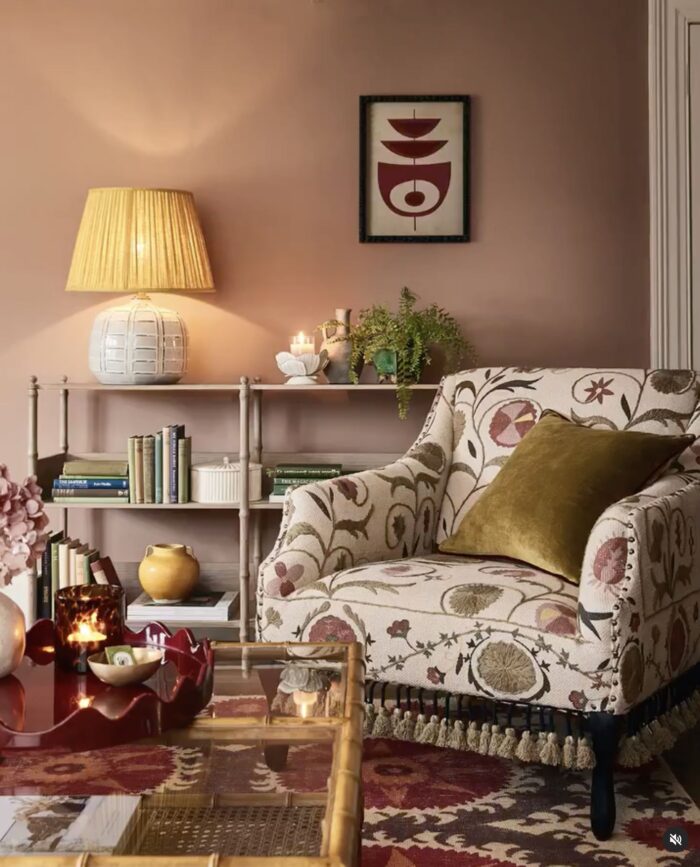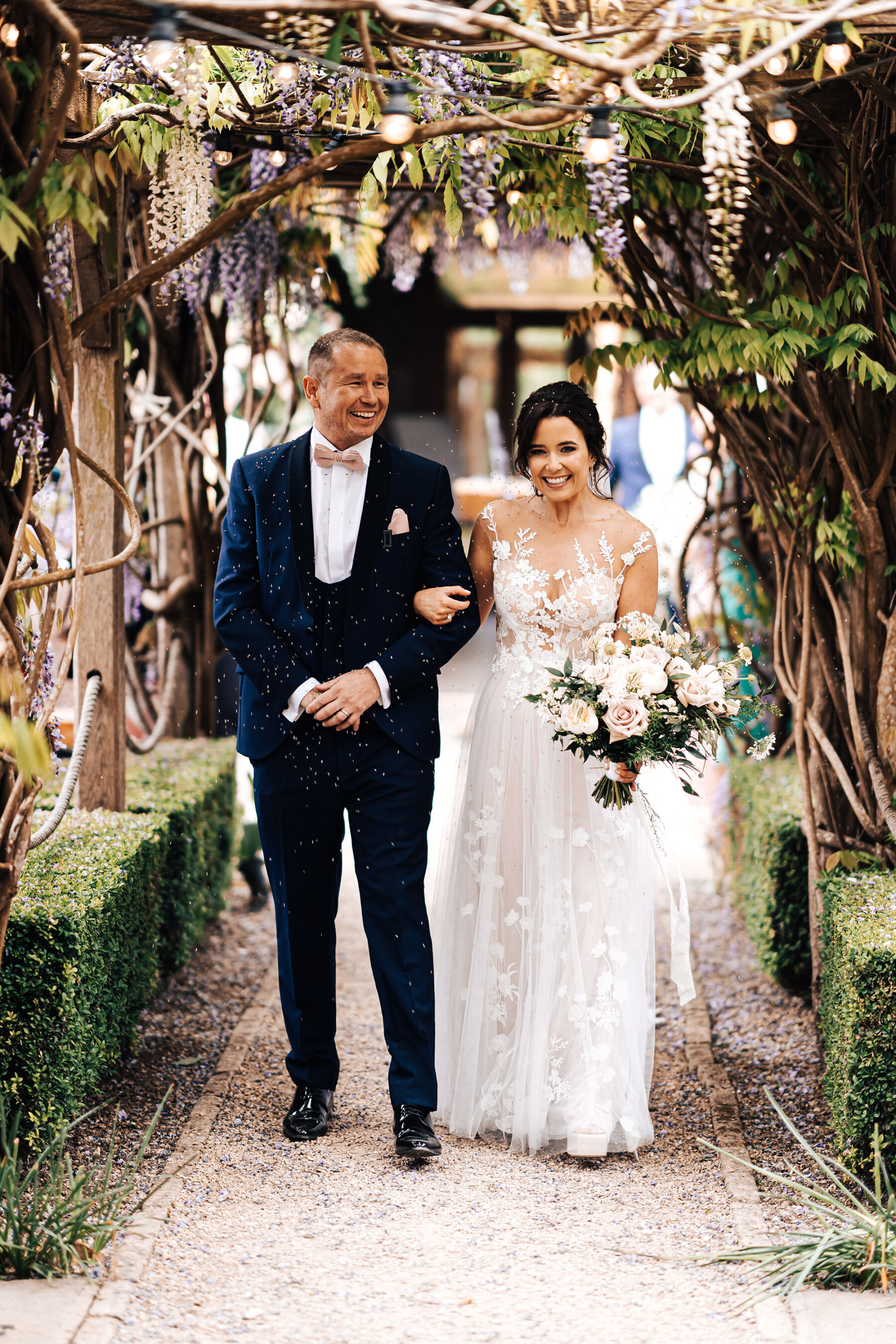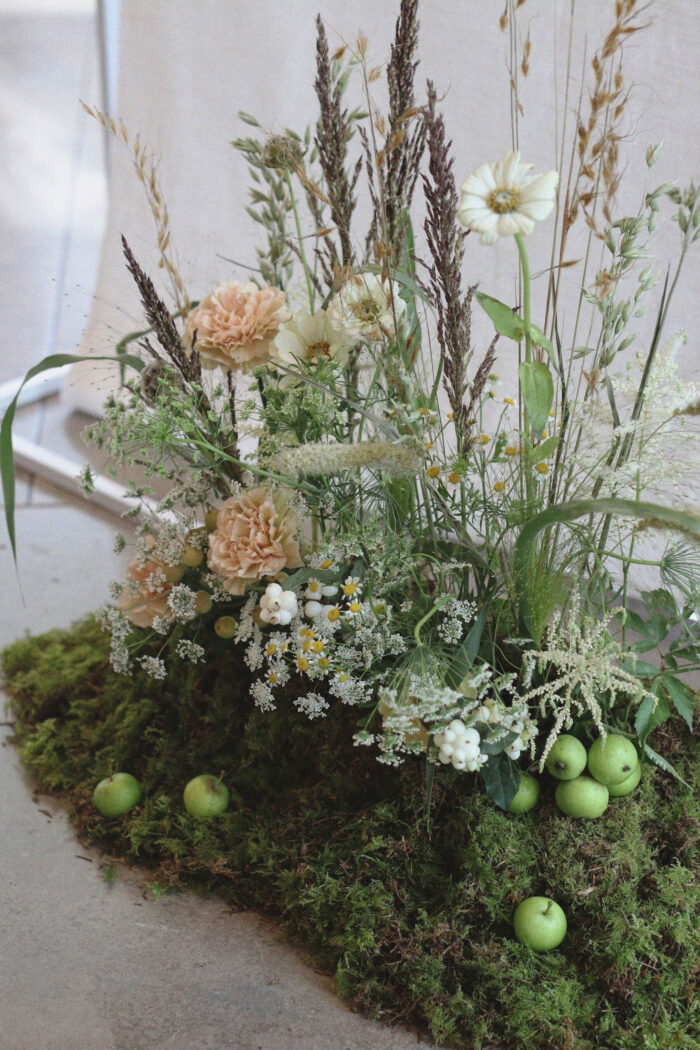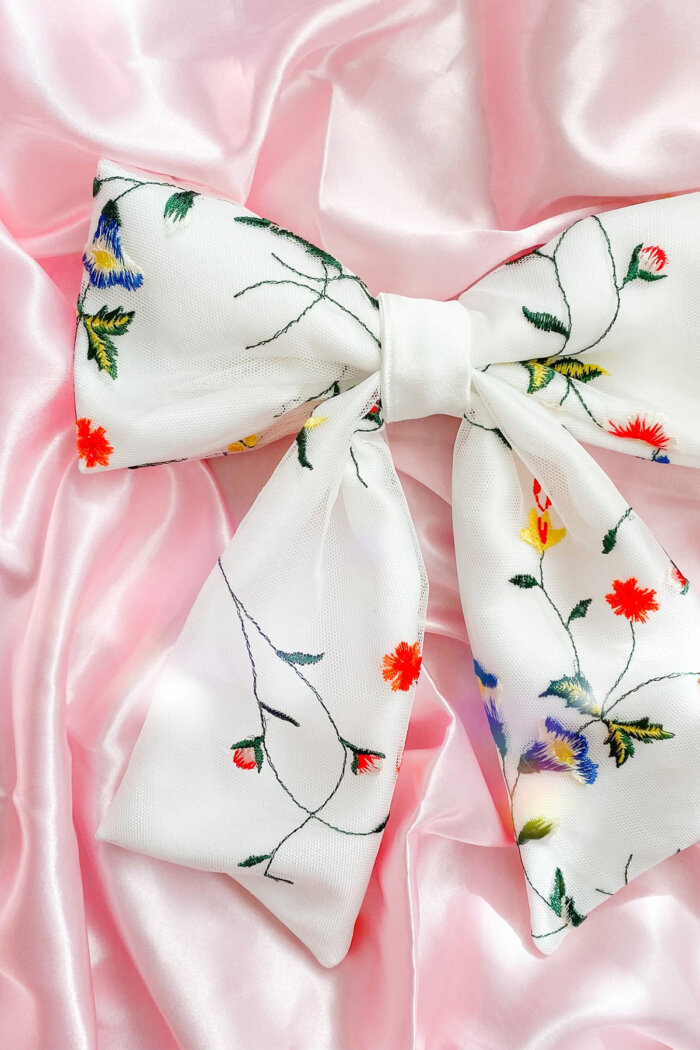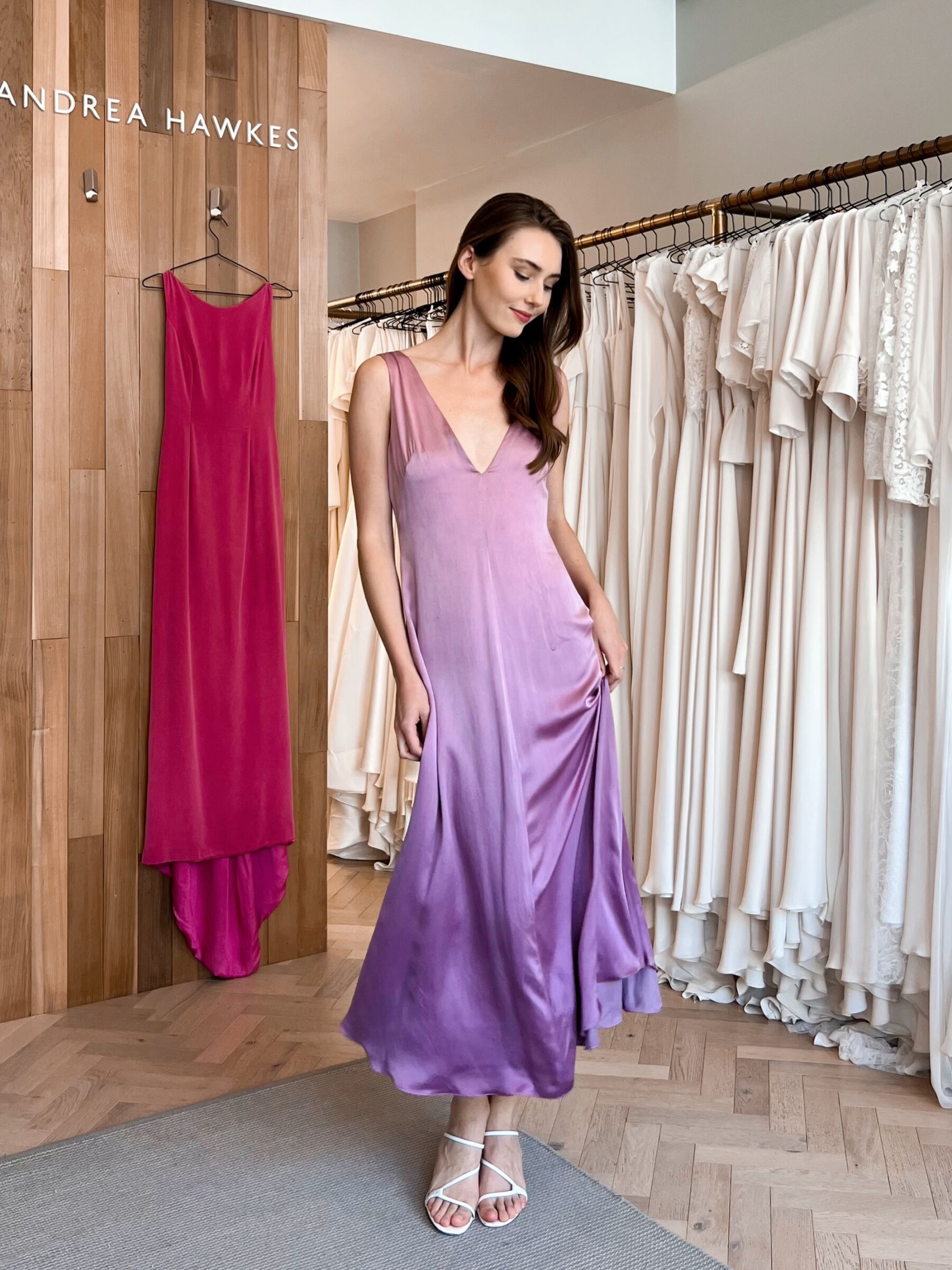My son became vegan 18 months ago. It took a while to get my head round the limitations of this choice. The first post-decision Christmas dinner had me hand whittling butternut squashes into stars for a long-winded, festive chestnut loaf of love and support. I muttered, murderously, this year when he invaded my kitchen space, hell-bent on creating a meat free Beef Wellington. The complexity of the processes involved made assembling its fleshy counterpart look as easy as egg on toast.
Perhaps a committed vegan, with zero cooking ability, will love the explosion of new, wittily packaged veg based products in the food chain. They are designed to meet the increasing adoption of this diet choice, and remove the need for professional handling of chia seeds and nutritional yeast.
Nowhere is cynicism and opportunism more evident than when savvy business people see a chance to turn counter culture, activism and alternative choices into mainstream money-making products. I give you the Greggs vegan sausage roll as a prime example of this.
Sure, it’s great that vegans now have cheap fast food too but is it any good for you? Does the over processing and packaging counteract the environmental benefits of reducing the animal content of our food chain? Or, if we all whittled squashes, would the economic impact be bad for the manufacturing base?
Leaving morality and my carnivorous tendencies aside, my interest is how ‘mainstream’ western capitalism uses the voice of counter culture, silences it, and sells it back to you with a mark-up and profit margin.
As a business owner, I am not able to criticise making money. It is essential, and I am not an advocate of a communist, egalitarian state. I am, however, concerned when we see and hear a movement or opportunity for social change quietened, then commercialised. The revolution is seen to be over, and the matter is settled.
The existence of the Greggs vegan sausage roll is not a sign that animal welfare is now central to all our concerns. It does not mean that the environmental impact of the animal-based food industry is front and centre of our thoughts. Public health, the increasing dependency on food banks, the motivation of a nation that has voted to add huge import duty to food and throw out the European Food Standards Agency are- still- very current affairs. A fast food option mollifies the masses, but leaves the big questions unanswered.
Similarly, with International Women’s Day on Friday, the increasing co-option of the language of feminism to sell fashion has its heart in a good place, and its head in the balance sheet. Net-A-Porter, for example, has a collection of charitable t-shirts, priced between £85 and £200, committed to the cause- though the slogans are more Spice Girl than Seditionaries.
There are three key tests when mixing the corporate and political: does it come across as authentic to consumers, does it drive social media, and does it result in sales. On the latter, brands have learned the benefits of reflecting the values of younger, more progressive customers (Net-a-Porter says celebrities wearing last year’s capsule reached a combined audience of 25 million). (The Business of Fashion)
Are these t-shirts the sartorial equivalent of a vegan Greggs snack? Does putting the politics of social change onto an expensive garment, and having the global Instagram audience take note mean that the battle is won? Or is it still a way of having ‘little girls’ be seen and not heard?
More importantly, does putting feminist rhetoric in the mainstream, and making it pretty, take the sting out of it? Are we done with feminism, and does it even have a place in bridal retail? Does #girlboss suit us better? Does a pink meme make us as palatable as vegan sausage roll?
I identify as a feminist, and much like The Guilty Feminist, my goals are always noble, but my concerns can seem trivial. I am a success in the field of bridal retail, and, as I understand it, well recognised. It still took until just last week for me to stand up at the Luxe Bride’s Digital School, put my imposter syndrome aside, and offer myself as a visible role model, and a voice to be heard.
Reading an essay on Imposter Syndrome by Alaa Murabit, in the anthology Feminists Don’t Wear Pink and Other Lies in the middle of a sleepless night, I came across her reasons for starting a mentorship programme
…young women (need) role models, mentors and the necessary support and amplification… because we can’t be what we can’t see. (Alaa Murabit)
There is an inevitable fear in being heard and seen, if you are a woman in business. What if we were to then fail? Women feel shame keenly, and I would not be able to take a bombastic, Trump world view if I had had as many business failures.
I am also very used to being well read and noticed, but not being listened to.
I have written many articles, and argued strongly with the wedding industry, the supply chain, and the media. I have felt, as Mary Beard describes in Women in Power, that “unpopular, controversial or just plain different views when voiced by a woman are taken as indications of her (my) stupidity.”
I have been told that I have no sense of humour.
I have been sacked by a trade group, blocked on social media by a major wedding blog, and effectively ‘pied’ by another.
As we are large numbers of women running many small businesses, we have been remarkably easy to divide and conquer. (Emma Marshall, Miss Bush Bridal)
In her essay, The Public Voice of Women, Mary Beard claims we pay a high price for being heard, citing her own Twitter trolling as an example. The essay also demonstrates compelling evidence that the roots of this lie in Greek and Roman literature and philosophy, whose teaching underpins Western education. Silencing women, describing their voices as whinging and whining, and not hearing the tone of a female voice as the sound of authority has been a cultural constant for thousands of years.
Women are not underrepresented in bridal retail. However, we have not found our voice, and our opinions are still marginalised outside of our immediate bricks and mortar premises.
In her book Work Like A Woman, Mary Portas lists 15 characteristics that describe this business philosophy. Every bridal boutique and wedding industry small business that I work with and love embraces all of these characteristics, and more. Feminine values are at the very heart of all our individual businesses. Collaboration, courage, emotion, kindness – tick, tick, tick…
There are, however, systemic failings in our industry that need to be addressed; as we are large numbers of women running many small businesses, we have been remarkably easy to divide and conquer.
Finding your voice, and being seen – putting your head above the parapet, being a disrupter, getting blocked on Instagram or Twitter – it can all seem terrifying. Admittedly, I am compulsively drawn to it. I am unable not to argue. I am not that easily silenced – just excluded.
I am lucky that my relationship with Love My Dress founder Annabel, the owner, publisher, editor and mentor to many in the bridal world, has survived my indignant messages and my broadsides of rage. Over our long relationship I have gone from simple sponsor/advertiser, to contributor to our current partnership where we can discuss, debate and champion all that we hold dear to us in independent bridal retail and design. No topic is too controversial, no opinion too strong, no emotional reaction too ‘hysterical.’
At the Digital School that we have founded for bridal retailers and others working in the industry, and where Annabel teaches and mentors – there was much discussion with regards to bridal media’s decline and fall, both in print and online. I tend not to see it as such. I see it more like a baton change. Aside from Annabel, the reformers and radicals that parachuted into bridal media when they were getting married got silenced, bored, or commodified and/or they moved on to homes and baby blogs. This leaves a vacuum, and there is an opportunity to fill it with less well-known experts, telling their own stories. The pioneers of the technology left their toys behind along with the manuals. Time to change the batteries and start again.
https://vimeo.com/322186820
Highlights from the very first Luxe Bride Digital School
There are gentler methods of finding your voice than I have used. It is, after all, a creative trade. It is not all about the rhetoric of revolution. Ground-breaking collaboration, taken further than it ever has, and this industry full of highly talented people, is a good place to start.
Making the bridal and wedding professions we share more beautiful and more soulful is not the preserve of counter culture marginal businesses. As I have a family business, the goal Mary Portas describes that resonated most with me was working towards “legacy, not status… working to achieve long-term, sustainable goals for ourselves and others.”
But how do we change?
Simple Steps: Mentoring, in person and online.
Mentoring, from well-established brands and businesses, both media and retail, is a valuable addition to the bridal retail community. These mentor schemes should not be a sideshow at a trade event, but a permanent, ongoing commitment.
Secrecy, suspicion and unhealthy hostility prevent real learning and development, and reaching out for real human contact is the first step to counter this. As an industry, I would urge women to step out from behind the dresses (stationery, cakes, veils, shoes and myriad of other product/service offerings in our industry), own their successes, and discuss the failures that inevitably go hand in hand with running a long-term business. Success needs to be shared, but it needs to be empowering, not intimidating, and it needs to provide signposts and encouragement. It’s akin to brilliant mothering, and that is something we do incredibly well in bridal retail.
Intermediate Steps: Digital Media Training
To find your own voice, to talk directly to your clients who you know better than anyone else, to make the right decisions about what contemporary marketing choices are right for your business, then a grounding in digital platforms is essential. Unless, of course, you are arriving into bridal retail straight from a marketing agency, you are going to need some help. There is no longer one platform or directory that will work in isolation to create the traffic to your business that you need. There is not one hero dress or brand that works better than you can to promote your boutique. There is no-one you can pay who can recreate your unique voice, unless you have the advertising and marketing budget of a big business.
Being trained to use platforms whose pre-requisite is that you pay them by direct or indirect means, is not the answer. This needs to be independent.
Your voice can be as soft or as strident as your brand requires, but it needs to be heard with clarity and resonance.
Braver Steps: Radical change
- The time for a major philosophical overhaul in bridal retail is now.
- There is no need to behave badly, no need for Suffragettes or direct action. There are changes that can be made readily when we find our voices. It is time to no longer be fobbed off by the bridal equivalent of a Greggs vegan sausage roll, and a slogan t-shirt.
- If you want to open a bridal business, there is not a single source of information that is not biased towards selling product and perpetuating the faux cheeriness that a bridal shop is every girl’s dream. The facts are that it is a hugely competitive market; saturated, expensive and all-consuming, and before one invests savings, inheritances or redundancy payments, there needs to be some clear and unbiased advice.
- The matter of institutional sizeism needs to be tackled head on in a frank all party discussion. At Digital School it was one of the key, ‘off timetable’ topics. Why isn’t there at least one curve-specific brand that doesn’t dumb down its dress design offering into the blandest and most generic styles?
- Bullying and gaslighting of bridal retailers by the disreputable fringes of the wholesale supply chain needs to stop.
- The ethics of the supply chain and the real cost of cheap wedding dresses to the environment and to the welfare of the workforce that produce them need to be exposed, discussed and addressed.
- If you are paying less than £500 for a new wedding dress, a woman somewhere is working for far less than a living wage.
- With the number of women who work in the industry who are also primary carers for their children and older relatives, and who are often working alone, business contingency planning needs to be enshrined into best practice.
- The trade needs to acknowledge that women need bursaries for training and education, and our wholesale trade needs to step up and work as brand partners, providing the same level of support as they would to franchise businesses.
Underlying the Greek and Roman’s continual ‘silencing’ of the female voice lay a terror in their power of ‘seduction,’ or being led astray. To effectively lead people astray we need to prioritise ground-breaking wedding dress design, establish creative thinking at all levels about how we present ourselves as independent female businesses and our expertise, humour and sheer love of our businesses need to be woven into compelling stories.
To provide an extreme paraphrase of Mary Portas, we need courage of vison, strength in excellence and determination with kindness.
______
Main image by Hayley Bray of our teaching team a the very first Luxe Bride Digital School.

